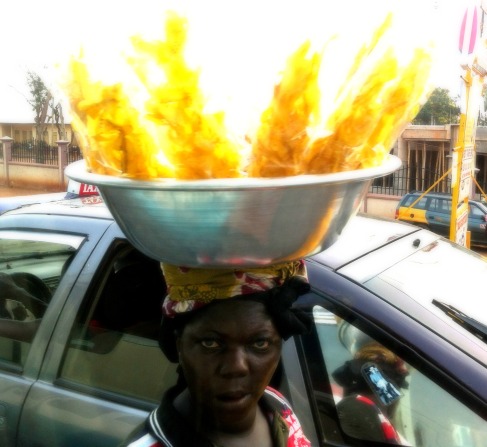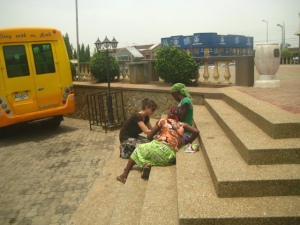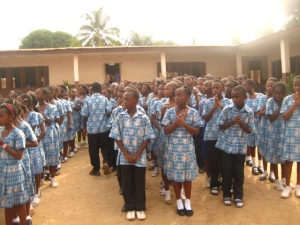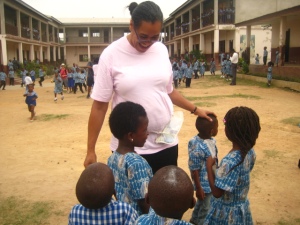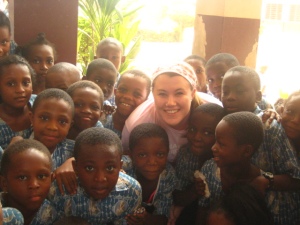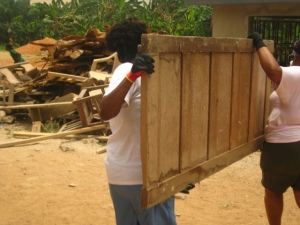Cape Town – 10/02/12
Update: Today we nicknamed Chris “Grandpa” and he gladly accepted, he can be so serious sometimes!
As it turns out, Cape Town must have some intense sleep effect on women, because Prof. Wofford and Nicole both missed their alarms Wednesday morning. Chris, naturally, was on time and ready to go by 8:30am. He waited almost a half hour in the lobby, (while some extremely large guy shouted at the hotel clerk about the hot water at the hotel) before waking up Prof. Wofford. He then woke up Nicole fifteen minutes later, and when she answered the door he just said, “Put yourself together.” – Gee thanks Chris.
After Nicole took a super speedy shower, the trio went to a breakfast joint on the waterfront. IT WAS EXCELLENT, by far the best food of the trip. They had homemade bread and fantastic caffeinated beverages (for Prof. Wofford, naturally) and it was at this time that Prof. Wofford began her love affair with Red Lattes.
When we all finally quit complementing and having our own individual love affairs with our breakfast food, we went to the double-decker red bus tour and purchased our tickets for the day. The really fun part about the bus tour was that we could get on and off at different stops and just catch a later bus when we were ready. They also provided us with headphones through which we could listen to all of the interesting facts about Cape Town’s history (for some reason Chris didn’t put his in for forever, so Nicole took liberties of reporting all of the fun facts whether or not he cared to hear☺).
The first stop we made was at the Greenmarket Square, which is an open-air market in downtown Cape Town. It was here that strangers continued their love affair with Chris and would just zone in on him. Obviously he’s good at making new friends, even if he doesn’t mean to! Chris’ new friends always wanted to sell him something, although they were clearly targeting the wrong person because Nicole and Prof. Wofford clearly shopped more as evidenced by their collection of bags. One of Chris’ new friends even asked him if he and Prof. Wofford were brother-sister, which of course made Prof. Wofford’s day! Once we could ditch Chris’ new friends, we all enjoyed driving hard bargains with the vendors, and came away with quite a few jewels for everyone back home. (Not literally folks, figuratively.) One of Chris’ new friends tried to follow him into the post office and we thought we were going to see Chris loose his temper a little if this friend continued touching him… luckily the stranger left and all was well.
We then rode the bus around town and listened through our cute red headphones about District Six, which was the first racially integrated area of town that was literally leveled by bulldozers during the Apartheid. While the history is very tragic, it was good to see the transformation and rebuilding that has taken place in District Six since that time. Next we went up Table Mountain, which is a massive mountain that is surrounded by Cape Town and the surrounding towns (Google it, you’ll see where it gets its name). Unfortunately the cable car that goes down the mountain was not operating because it was so foggy and rainy, but we did get some awesome pictures of the stunning view from the top, while looking down on the city and the cape. The final stop we made was in Camps Bay, which is on the other side of the mountain. Nicole talked everyone into walking down to the ocean, despite Chris’ objections that he’s been to the Atlantic plenty of times. Yet again, Chris found more friends here, we’ve decided he has a sign posted on his forehead that says please follow me and try to hustle me. At this point in time, it became quite amusing that the strangers would only target Chris, and never even spoke to Prof. Wofford or Nicole. While in Camps Bay we ate at a nice restaurant with a view and sat by the fire because it was chilly outside. Prof. Wofford continued her love affair with Red Lattes while Chris and Nicole enjoyed a spicy chicken sandwich (the most adventurous meal Chris had all trip). We finished the tour after another brief encounter with another of Chris’ new friends at the bus stop. This friend was particularly amusing because he claimed to have personally painted canvases that were each signed by a different artist’s name!
After the tour, we dropped off bags and Chris worked on his homework while Prof. Wofford and Nicole finished some last minute souvenir shopping. On the way back to the shops, they managed to get lost and almost walked onto a loading dock (Chris’ sense of direction was severely missed!) After finally locating the shop and browsing the zebra couches and other eclectic South African antiques they made their purchases and headed back to the hotel. Shopping is naturally followed by beer so they allowed themselves to be side tracked by their favorite restaurant/pub from the night before. The rest was history.
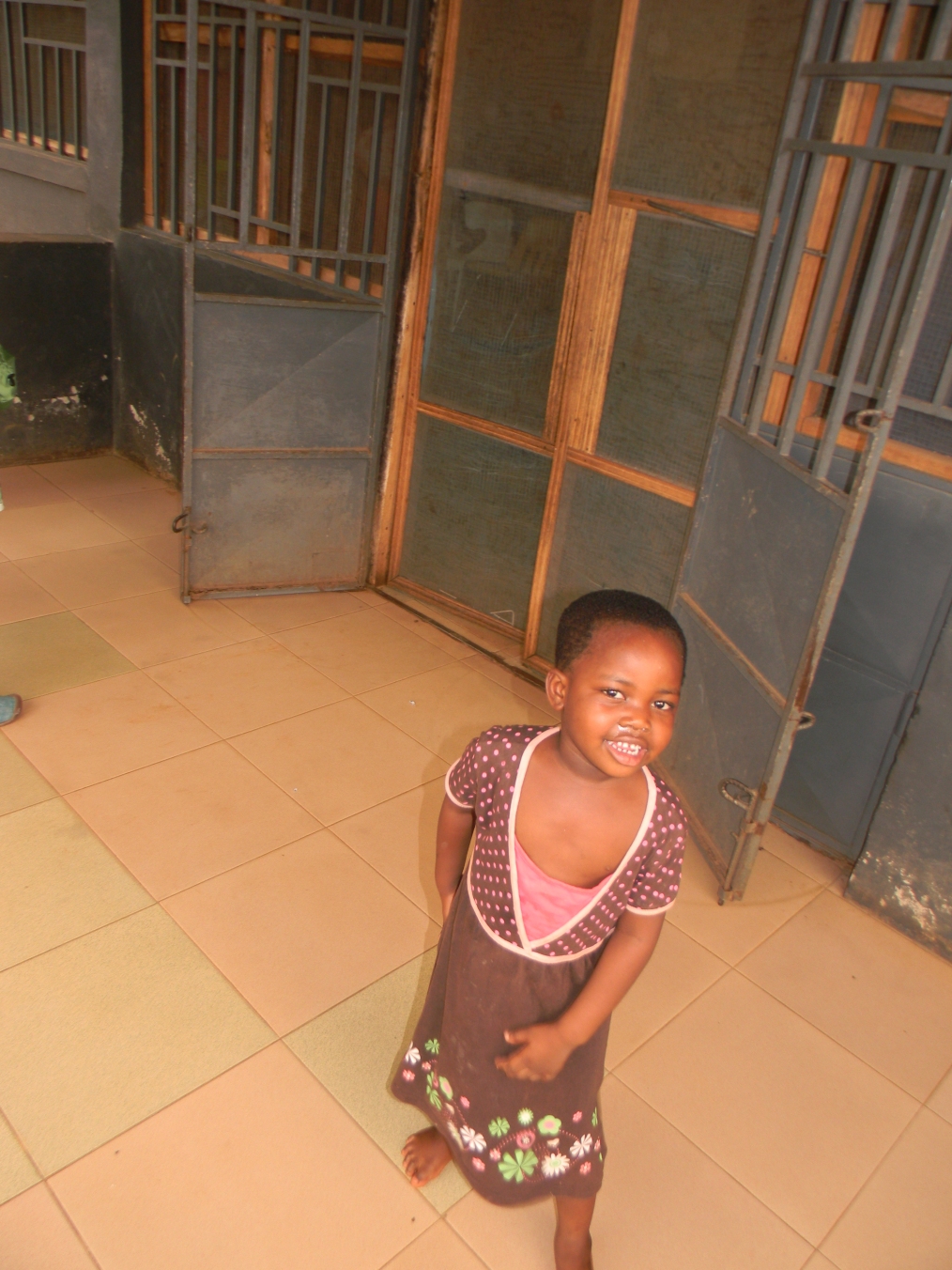
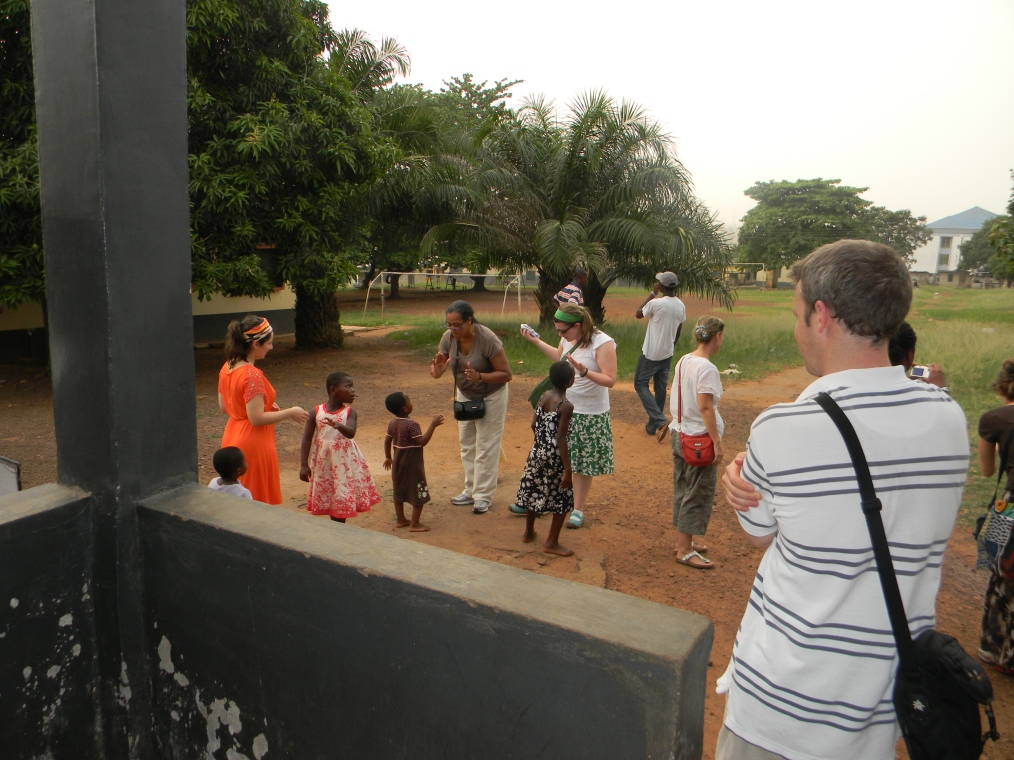
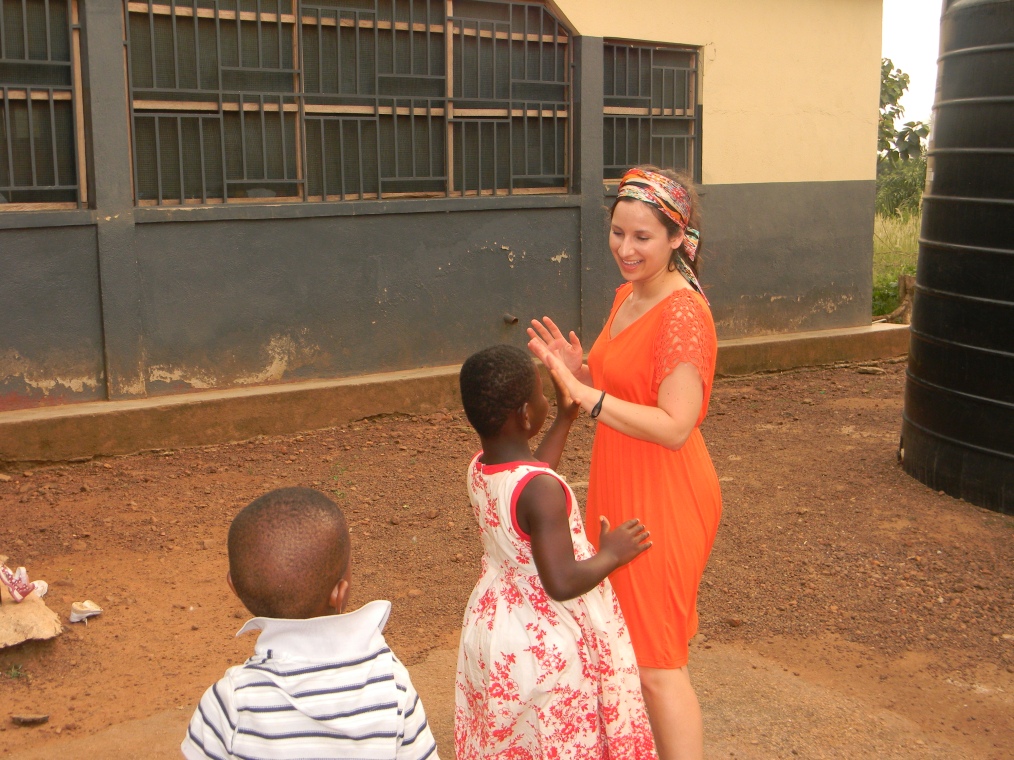
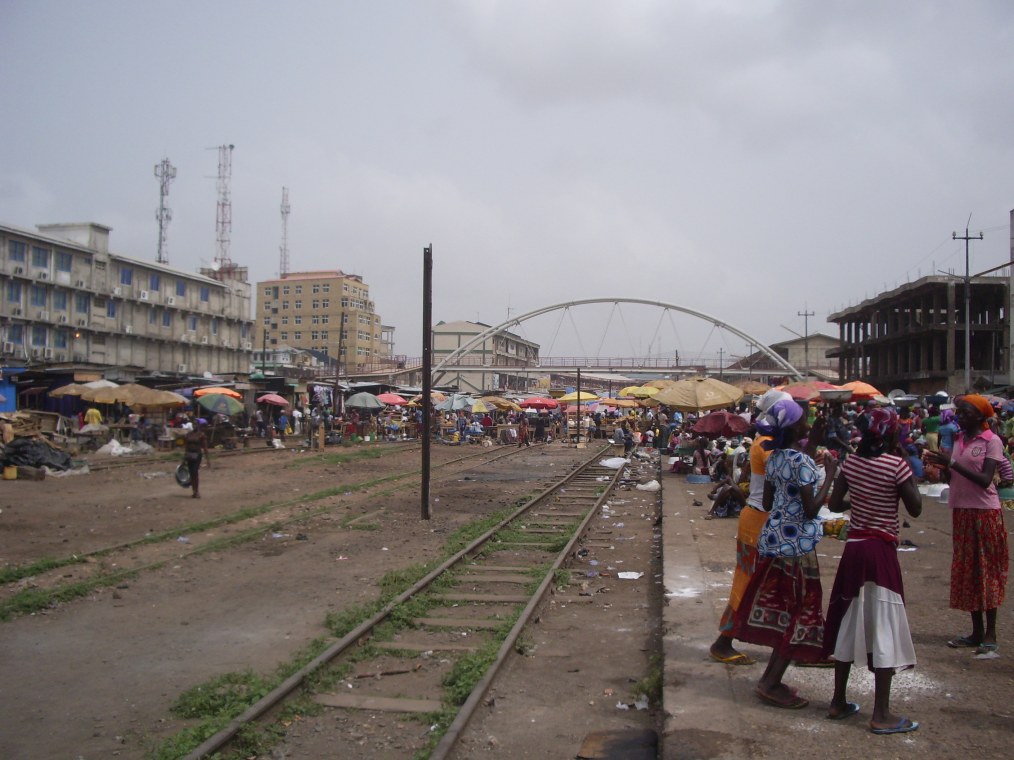
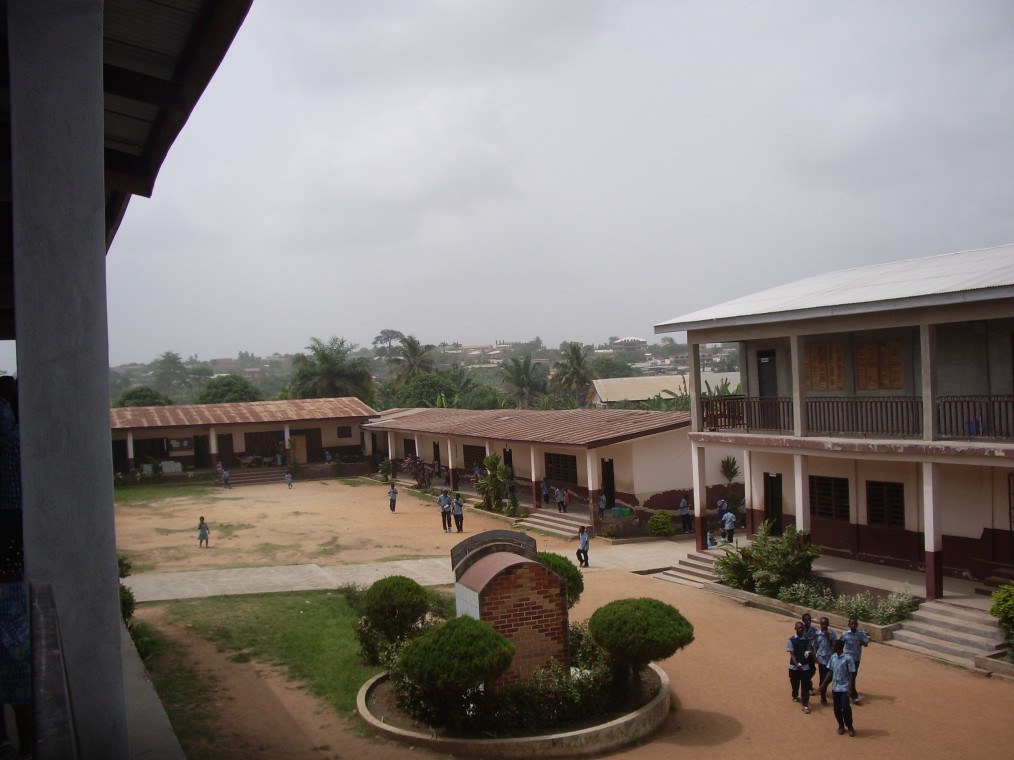
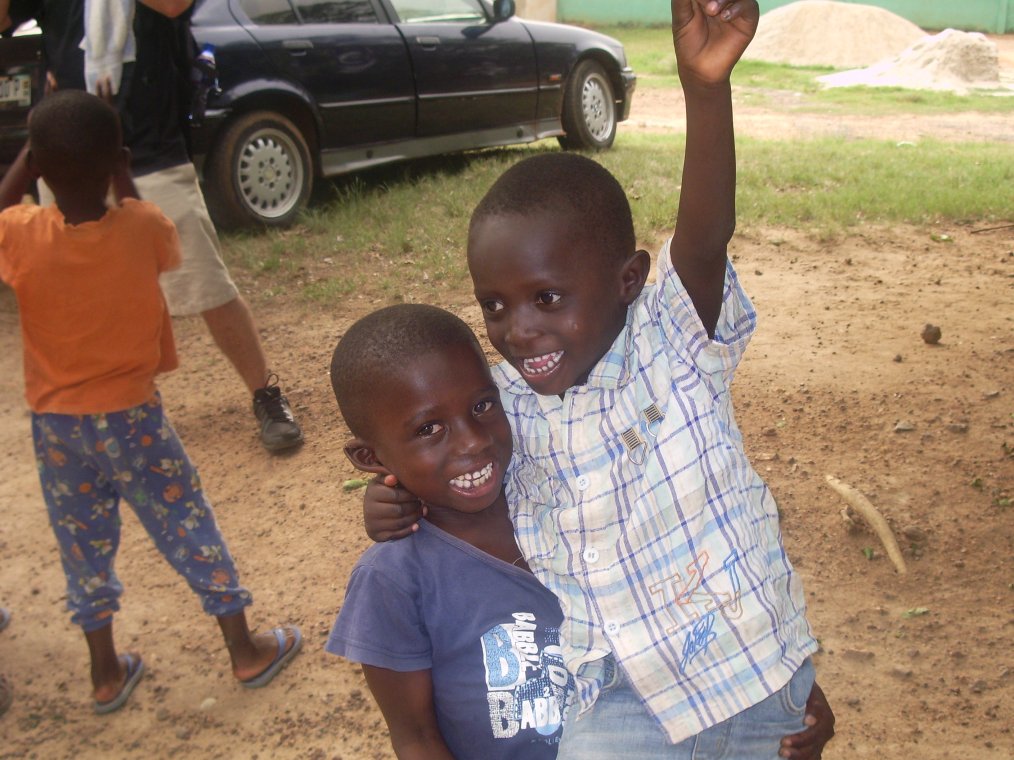
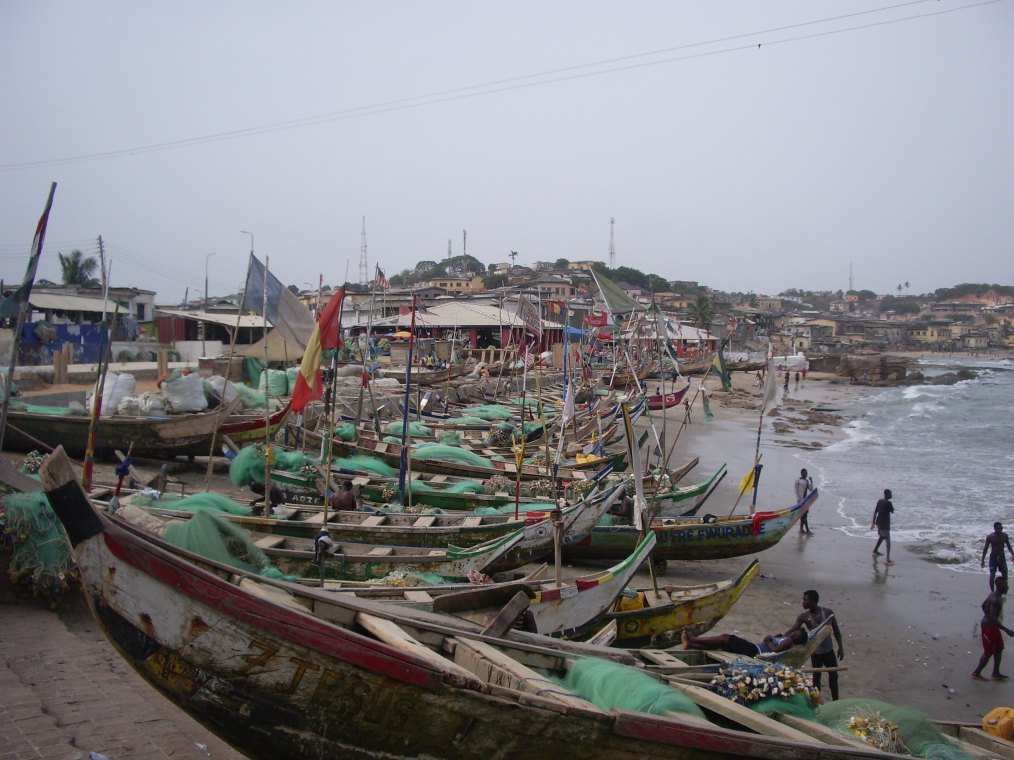

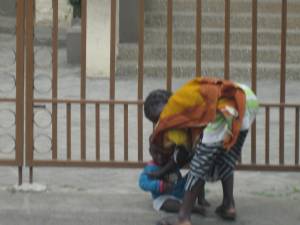
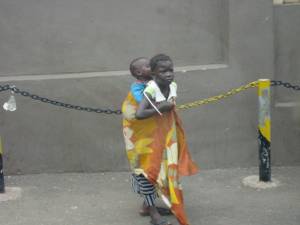

![ppt889A.pptm [Autosaved]](https://charlottelawinafrica.files.wordpress.com/2012/04/ppt889a-pptm-autosaved1.jpg?w=500&h=666)
